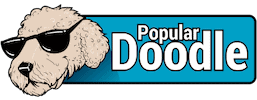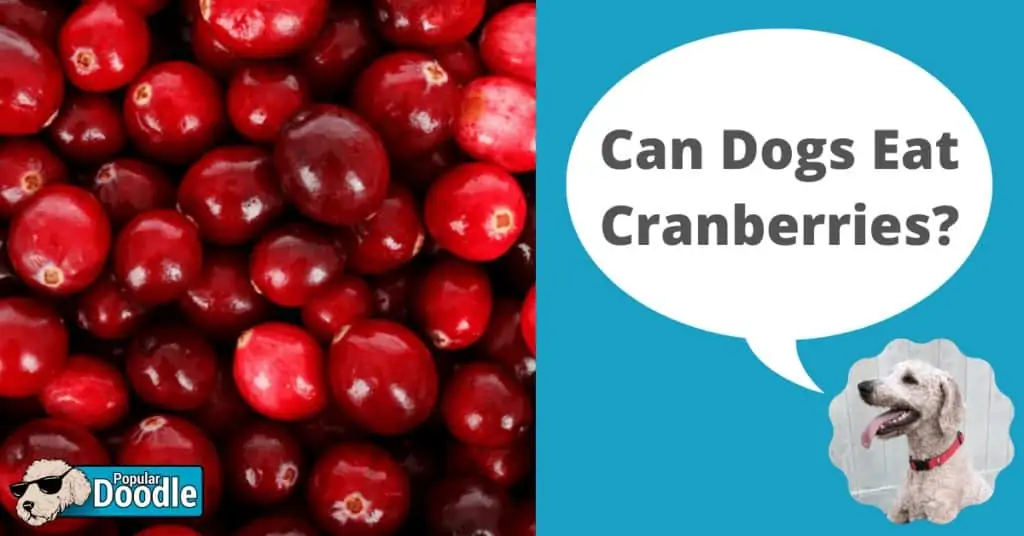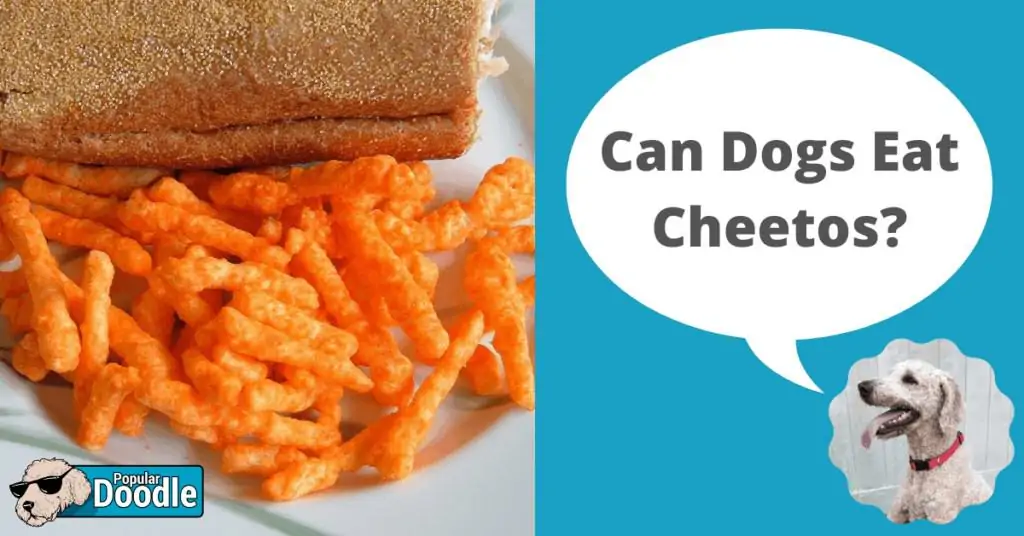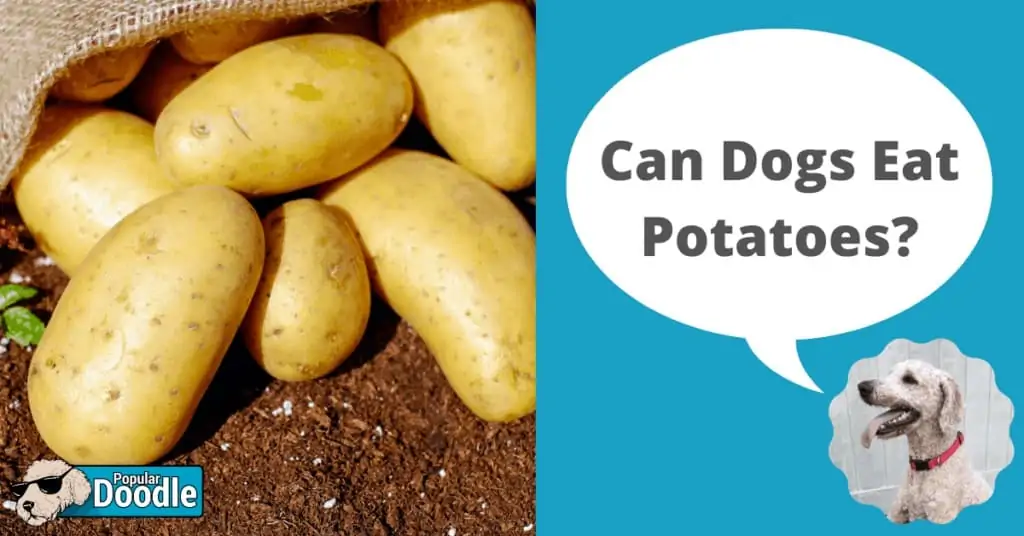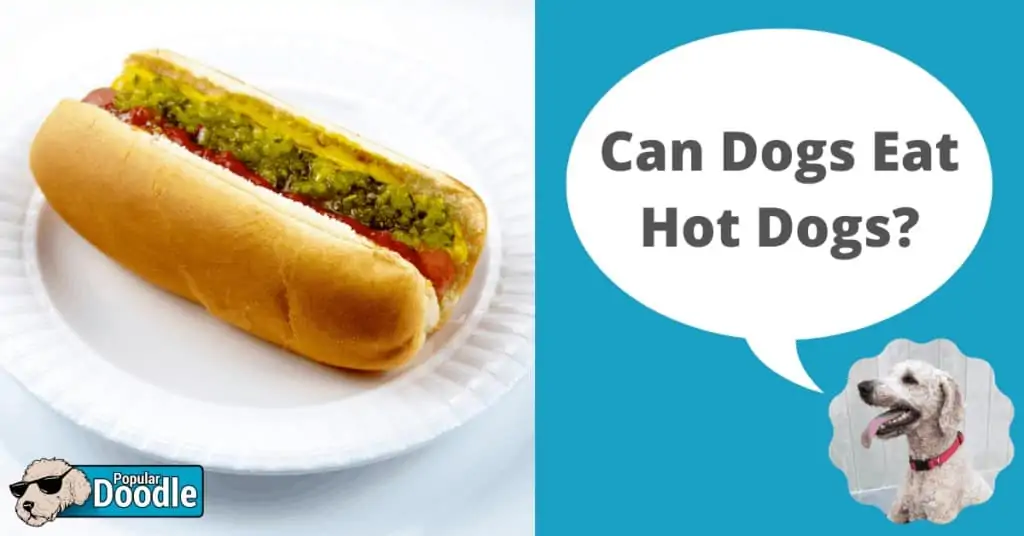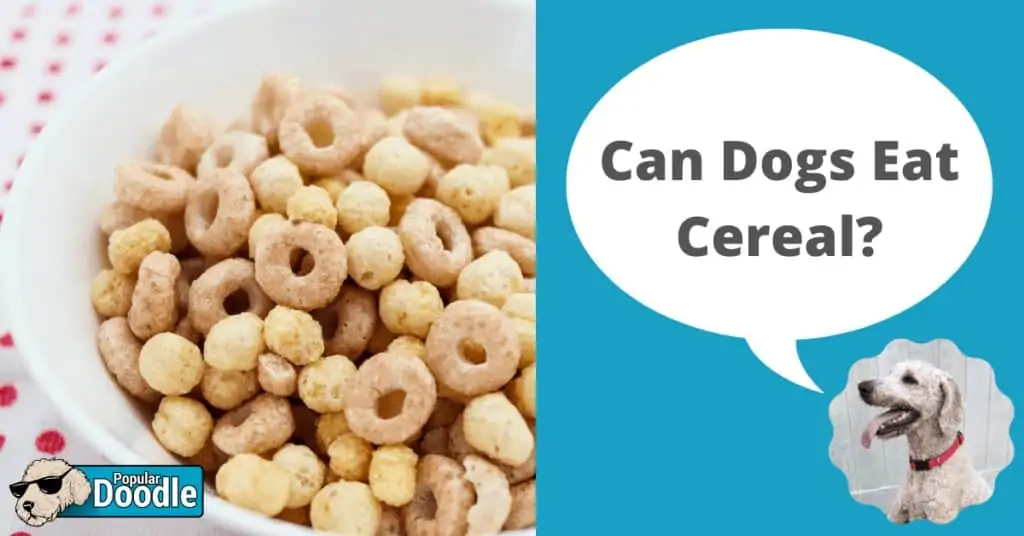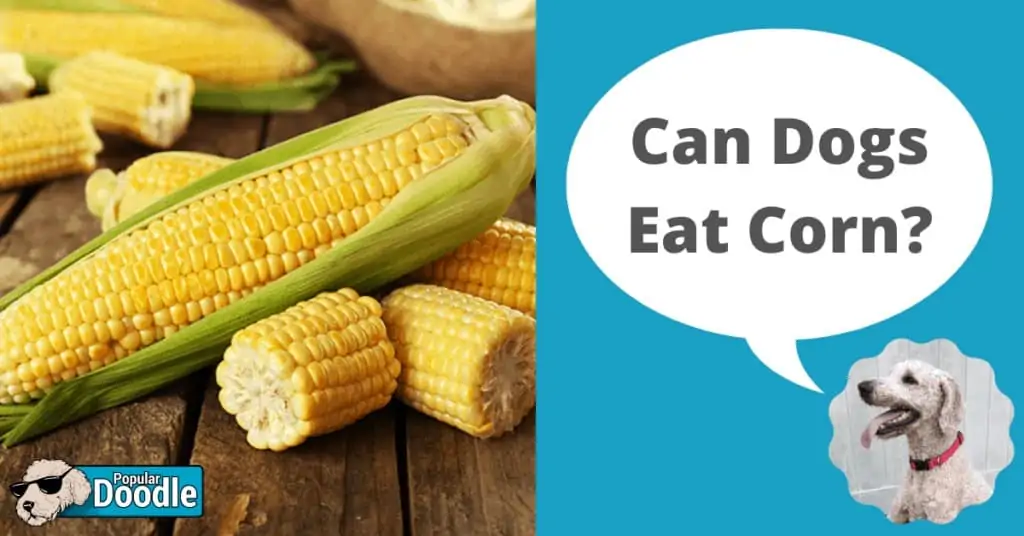
Can dogs eat corn? Corn is a delicious food for humans to eat year-round. Whether it’s grilled corn on the cob in the summer or steamed corn as a side with your Thanksgiving dinner, it’s always a tasty treat! But is corn bad for dogs? Let’s get all your questions answered!
Can Dogs Eat Corn? (The Short Answer)
Corn is a very safe food for dogs in moderation, as long as it is NOT on the cob. Not all corn products are safe, however, so make sure to keep reading to learn the specifics!
It’s important to remember, that even with the best of intentions, accidents happen and dogs can easily eat things they shouldn’t. Unfortunately, even if those accidents aren’t fatal, they can result in huge, unexpected veterinary expenses. That’s why we recommend all responsible dog owners get a free, online pet insurance quote from Healthy Paws.
Is Corn Good For Dogs?
Corn is a common ingredient in many commercial dog foods as it is an inexpensive “filler.” However, that doesn’t mean that it is completely void of nutritional value. It has protein, carbs, antioxidants, fiber, and vitamins. While carbs tend to get looked at as unhealthy, as long as they are eaten in moderation they can be part of a balanced diet. Feeding corn as a treat for dogs is certainly not an unhealthy choice. Making it a main staple of their diet should be given much more consideration and likely a conversation with your veterinarian.
Is Corn Bad For Dogs?
We’ve already answered the question, “can dogs have corn?” Now, let’s learn about the dangers of feeding your dog this food! Is corn bad for dogs?
Corn is not poisonous or toxic for dogs. The biggest mistake dog owners make and therefore the most common danger of corn is letting your dog eat it off the cob or giving the cob to your dog to chew on. We’ll discuss why this is a bad idea in a bit, but it’s definitely important to reiterate the dangers of doing this as it could lead to choking or intestinal blockages.
Corn Alternatives for Dogs
Corn allergies aren’t uncommon amongst dogs, so if you’ve never fed your dog corn before start small and monitor them afterwards. Some signs that could indicate your dog is allergic include gas, vomiting, swelling, or diarrhea. If your dog is allergic to corn or you don’t have plain corn available, there are some other similar alternatives to try:
Varieties of Corn & Corn Products:
Is Corn on the Cob Safe For Your Pup?
Your pup should NEVER be given corn on the cob. Even if they are mostly eating the kernels and not the cob itself, small pieces of the cob can be swallowed and can easily create intestinal blockages.
Can Dogs Eat Corn Cobs?
Absolutely not! This is a common mistake but a huge risk that puts your dog in danger. Corn cobs are a big choking hazard and, even if swallowed with no issues, can easily result in intestinal blockages. Common signs your dog may have swallowed the cob are reduced activity, vomiting, loss of appetite, dehydration, and diarrhea. If your dog has eaten a corn cob (even if only part of it) please contact your veterinarian immediately!
Can Dogs Eat Cornbread?
Yes, cornbread can be given to your dog as an occasional treat! It poses very few health risks, however it contains a lot of sugar and limited nutritional value so remember to give it only in moderation.
Can Dogs Eat Corn Tortillas?
Yes, corn tortillas can be fed to your dog! They don’t have much in terms of nutritional value however so it shouldn’t be a regular occurrence—just every now and then as a treat!
Can Dogs Eat Canned Corn?
It depends, but probably not. While the corn itself is safe, canned corn is typically very high in sodium which can lead to your dog becoming dehydrated and potentially salt poisoning. For that reason, unless there’s a low-sodium, natural brand it’s best to opt for fresh or frozen corn instead.
Can Dogs Eat Corn Flakes?
Much like other corn-based products, corn flakes are safe to feed your dog as a treat but shouldn’t be a staple of their diet. They contain very little nutritional value but aren’t dangerous.
Can Dogs Eat Corn Husks?
Like the corn cobs, the husks should be avoided for the same reasons. They can create intestinal blockages that could be potentially fatal to your dog or at a minimum require expensive surgery to remove if not passed.
Can Dogs Eat Corn Starch?
Yes, corn starch as an ingredient is safe for our furry friends. In fact, it’s an ingredient in many commercial dog foods.
Is Sweet Corn Safe For Your Pup?
Yes, sweet corn is safe for pups as long as it is off the cob and the husks are removed. Just make sure not to add any butter or seasonings when giving it to your dog! They’ll enjoy it enough the way nature intended, and it’ll be much healthier and safer for them.
Can Dogs Eat Cornmeal?
Yes, cornmeal is safe for dogs and is an ingredient in many dog foods. Again, this ingredient isn’t toxic or poisonous so if you’re using it in an occasional treat that’s fantastic. As a main part of their meals regularly is another story.
Is Baby Corn Safe For Your Pup?
Cooked baby corn should be safe for your pup to eat, but again in moderation. In general, regular corn kernels by themselves are better.
Is Frozen Corn Safe For Your Pup?
Yes, as long as no additional seasonings or other toxic foods have been added, cooked frozen corn is completely safe for our four-legged friends!
Can Dogs Eat Corn Muffins?
Yes, pieces of corn muffins are a safe treat for pups occasionally. They are high in sugar though, so just little bits every now and then!
In Conclusion: Can Dogs Have Corn?
Is corn bad for dogs? No. Is corn good for dogs? Not quite, but it’s at least usually safe. Although it’s not packed with nutritional value, corn by itself is a safe food for our pups to enjoy in moderation. The two main stipulations are that you keep your dog away from the cobs and husks and make sure there are no added ingredients like butter, sodium, and seasonings.
Disclaimer: We are not veterinarians and this article should not be taken as medical or veterinary advice. If you have any questions about your pet’s health or dietary needs, please contact your local veterinarian.
